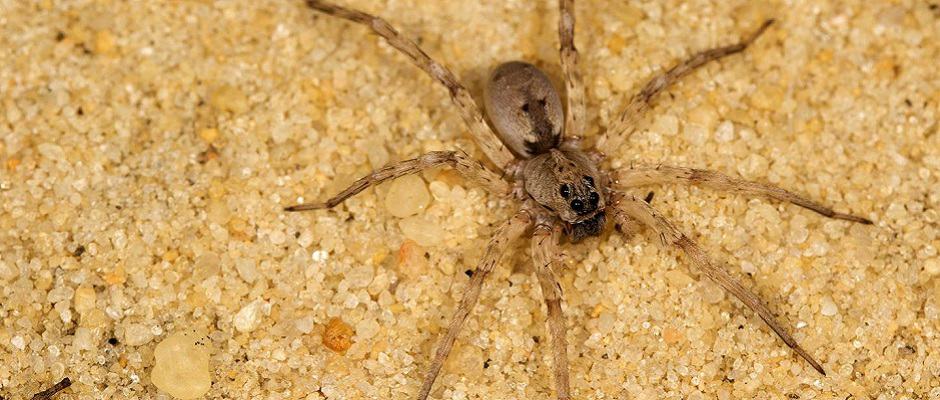Share this article
Noise pollution affects even the smallest wildlife
Loud noise and vibrations from natural gas compressors influence the number of insects and spiders surrounding them, which could have consequences on other wildlife in the ecosystem, according to new research.
“Anyone who studies insects know that they run the world,” said Jesse Barber, an associate professor at Boise State University in Idaho, and senior author of the new study published in Ecology and Evolution. “These animals are important to ecosystem function, and it’s critical to know how human-caused noise is changing their distribution, behavior and ecology.”
As part of the study, the research team used pitfall traps that contained propylene glycol, a sticky, sugary preservative, to capture spiders and non-flying insects in New Mexico’s San Juan Basin at five sites with gas compressors and five ecologically similar sites without the compressors for two months. They then placed the bugs in alcohol and determined which species were present in each site.
The researchers found that sites with gas compressors had 95 percent fewer cave, camel and spider crickets, 52 percent fewer froghoppers and 24 percent fewer grasshoppers than nearby sites without compressors. Leafhopper numbers increased in the sites with the loud compressors, however, and some species such as jumping spiders, ants and leaf beetles did not show any differences in numbers.
“Why some groups were affected and some were not remains unclear,” Barber said. “It’s not as simple as one might hope. We need to study all trophic levels to mechanistically understand what’s driving ecosystem level changes.”
The researchers said a variety of factors may explain the different impacts on various species. For example, although leafhoppers, froghoppers and wolf spiders all use vibrational communication, leafhoppers increased with noise while the latter two decreased. This could be the result of species such as bats and birds that usually consume leafhoppers leaving the areas with loud noises, allowing their population to expand, Barber said.
Co-author Akito Kawahara, an assistant curator at the Florida Museum of Natural History at the University of Florida in Gainesville, said it’s important to continue these types of insect studies to determine the effects of other wildlife and the ecosystem. “Most people don’t think about insects enough, and they’re the most dominant animal group on this planet by far,” he said. “We really need to start thinking about them rather than just how charismatic megafauna are affected. We can’t paint a clear picture without understanding this holistically.”
Header Image:
Male wolf spiders that display courting rituals are more like to get eaten by predators.
©Florida Museum of Natural History, Lary Reeves








